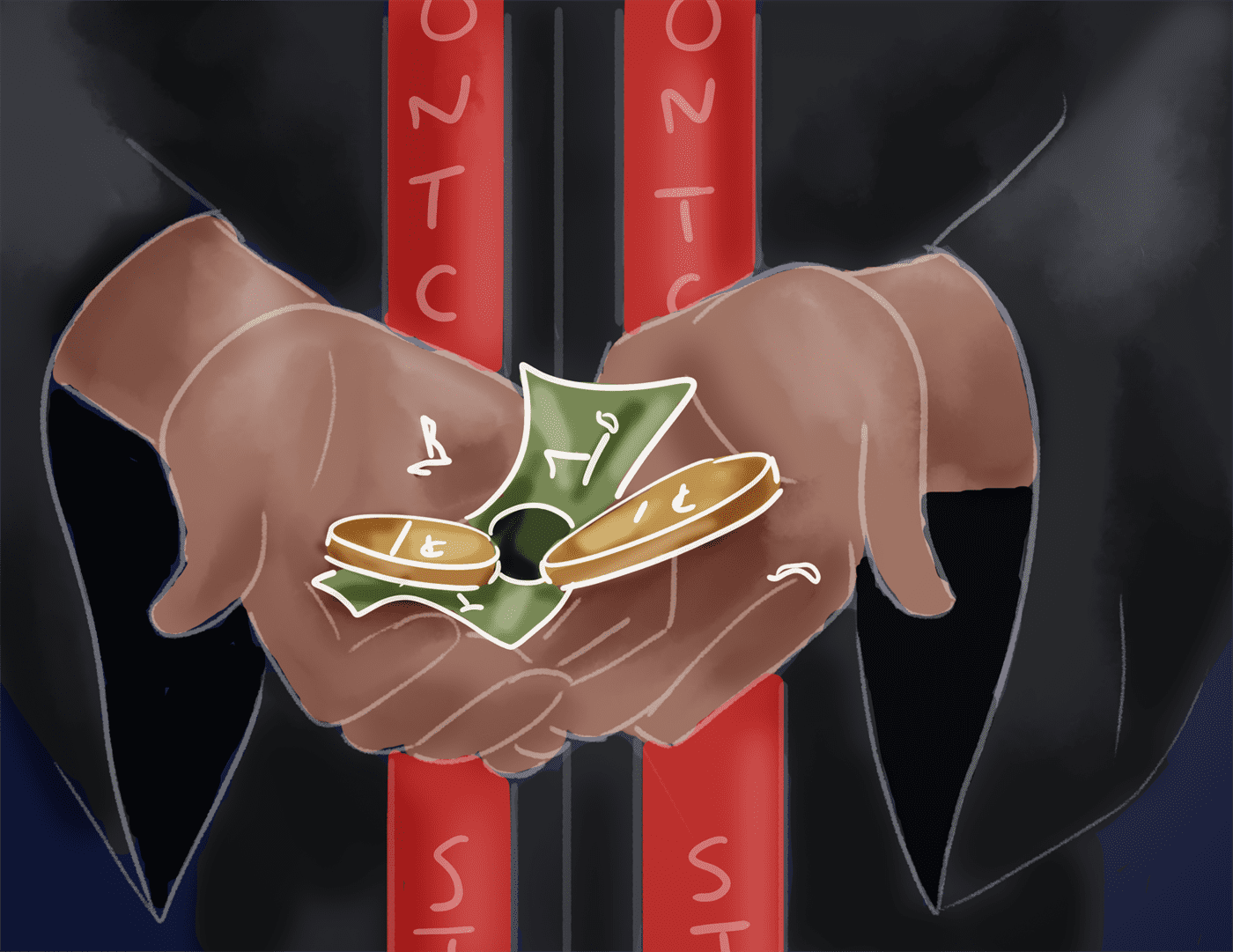Due to the global crisis caused by the COVID-19 pandemic, the U.S. Senate has passed an estimated $2.2 trillion response bill. Of the $2.2 trillion, $560 billion will be given to individuals unemployed due to the pandemic, $500 billion to large scale corporations, $339 billion to local and state governments, $377 billion to small businesses, $153 billion to public health, $43 billion to education and a $27 billion safety net.
The amount of money being delegated to those enrolled in colleges or universities will be difficult to find, thus continuing the U.S. government’s tradition of failing to invest in its future through its eager and ambitious young people.
For whatever reason, some people of older generations look down on young Americans in college for being lazy and inexperienced, fearing the U.S. workforce will suffer because of them. This stigma of college students does carry some merit, but through no fault of those recently or soon to graduate.
Growing up, children are often told they are the future of America and that they should work hard, stay in school and prepare to contribute to the vast spectacle of the U.S. economy. If those in our education system are the future, it’s time the U.S. government starts to acknowledge them.
Part of the financial relief plan passed in the U.S. Congress is the grant of stimulus checks for those who have had their income halted due to the pandemic and social distancing guidelines that followed.
For college students at Montclair State University and beyond, the majority of on-campus workplaces have closed. Montclair State Campus Recreation, Sprague Library and the university bookstore are no longer operating and sent their employees home, most of which are now jobless.
However, most students who are out of work will not qualify for stimulus checks because they qualify as dependents. Additionally, the stimulus checks are based on tax returns from 2019 or, if not available, 2018, so those students whose application for stimulus checks is based on a time where they were claimed as a dependent will not qualify either.
Therefore, the majority of college students forced out of their jobs with hundreds of thousands of dollars to pay off in student loans have no source of income for the foreseeable future.
As of 2019, the national student loan debt totaled a whopping $1.59 trillion. With most college students now out of work, that number seems to be even more insurmountable. It may be an “entitled” request, but the federal government temporarily suspending the payment of student loans seems only fair in this situation.
Instead, the financial assistance from the federal government is being given to big corporations whose CEO’s will remain billionaires regardless of this global health crisis. Meanwhile, the government continues to fail at investing in its actual future and the young ambitious graduates eager to put their newfound knowledge to good use.
Perhaps college students are entitled in that they have accomplished what they have been told is necessary to succeed to no avail. The idea that adhering to the formula of working hard in school, going to college and earning a degree will open the doors to a career and lifetime of financial, mental and emotional stability is deeply ingrained in American culture.
In the midst of the global crisis, adults continue to tell children to “stay in school,” so they can get good jobs and make educated decisions. Yet many college students are being singled out by those same adults when they display frustrations toward their government. When they are following the guidelines to succeed, only to have their futures made bleak by their very own elected officials disregarding them, students should not be counted out or dismissed for standing up for themselves and for their peers.



